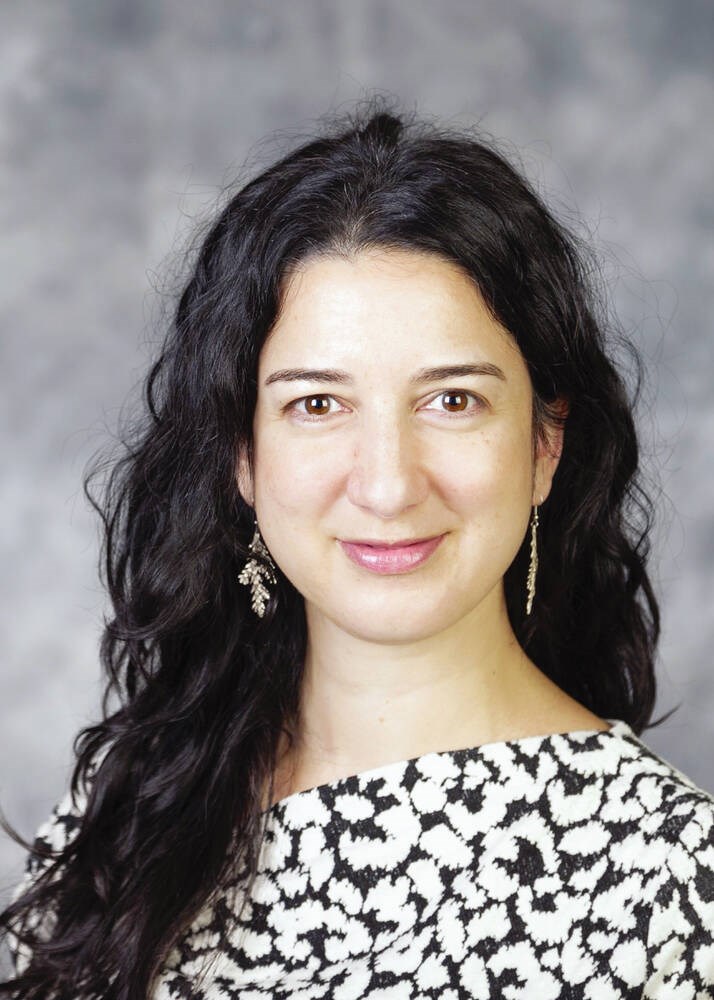The office of B.C.’s human rights commissioner says an analysis of data from five police services across the province shows “profound racial disparities” and it has called for changes to address discrimination in policing.
The report from Kasari Govender’s office includes a series of recommendations for the B.C. government as part of a submission to a special committee of the legislature tasked with examining potential changes to the province’s Police Act.
An analysis of data from the five B.C. police services, including Duncan-North Cowichan RCMP, found Indigenous, Black and other groups that identify as non-white were over-represented in arrests and detentions, as well as in mental-health or well-being checks and strip searches, the report says.
Analysis of data from Duncan-North Cowichan RCMP found Indigenous people are 2.2 times more likely to be arrested than their presence in the general population would predict, and Indigenous men are 3.1 times more likely to be arrested.
Indigenous women are slightly over-represented in Duncan arrest statistics and are three times more likely to be arrested than white women.
While Indigenous people represent 14 per cent of Duncan’s population, they were involved in 40 per cent of arrests flagged for an alleged substance-use issue and 76 per cent of cases in which both mental-health and substance-use issues were flagged, the report says.
The report says data provided by the Vancouver Police Department from 2011 to 2020 showed that while Indigenous men represented 1.1 per cent of the city’s population, they were involved in 19 per cent of arrests.
In Nelson, data from 2016 to 2020 showed Black people were 4.7 times more likely to be involved in mental-health incidents than their representation in the population.
The Vancouver and Nelson police services and the RCMP in Surrey, Prince George and Duncan/North Cowichan were chosen because they represent communities of different sizes with varying demographics in distinct parts of B.C., the report says.
The data analysis was completed in September by Scott Wortley, a professor at the Centre for Criminology and Sociolegal Studies at the University of Toronto.
Wortley highlighted the over-representation of Indigenous women in arrests and mental-health checks by police at a news conference on Wednesday.
He said the analysis of B.C. police data found that Indigenous women were not only arrested at higher rates than women from other racial groups, but they often had arrest rates higher than those of white, Asian and South Asian men.
Between 30 per cent and 40 per cent of the charges related to public disorder or the administration of justice, such as failing to appear in court or to comply with the conditions of a release.
An array of data shows that the effects of colonization, immigration policies, systemic racism in the health-care and education systems, and other “embedded social inequities lead to greater involvement of some communities in the criminal justice system,” the human rights commissioner’s report says.
Systemic racism in policing is unjust, contrary to the law and undermines community safety, Govender said at the news conference.
“When marginalized people cannot trust the police, they are less likely to report crimes against them. To build this trust, we need to reimagine the role of police in our province, including by shifting our focus from the police as default responders.”
Govender’s report urges B.C. to adopt recommendations that include working with other levels of government to redirect funding from police budgets and investing in civilian-led services for mental health and substance use and homelessness.
— With Roxanne Egan-Elliott



